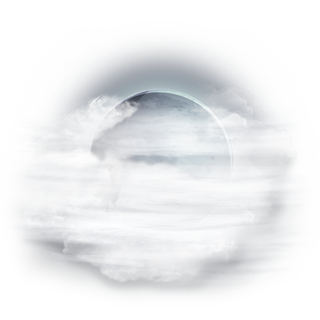The concept of cancer is a complicated and convoluted issue that many individuals struggle to understand. Some may feel an aversion due to relationships with individuals who may have dealt with cancer. Although many people view cancer as a problem that literally plagues our society, in some ways, cancer has the ability to bring individuals together. This problem has the ability to be solved if enough individuals collaborate and have enough drive to continue working even through the darkest of times.
Here at Brandeis, a class titled “Cancer and Community” is being offered for the first time this semester. The class is taught by Ellen Schattschneider, a sociocultural anthropologist and an Associate Professor of Anthropology and Women’s, Gender and Sexuality Studies. Schattschneider explains that she has always been interested in how people come together to fix problems in the face of adversity.
This class will be taught in a seminar-style in which individuals discuss readings and the social questions regarding cancer. Students will be reading ethnographies that display the ability of cancer to isolate people and bring them together at the same time, while also illustrating how individuals contribute to the fight against cancer. The students will be in contact with a community of individuals in Georgia through Skype and Zoom sessions. This community consists of low-income individuals of color who live in an area where many have been diagnosed with cancer caused by their proximity to an industrial plant, which subjects them to toxins every day of their life. The students will talk to these individuals and attempt to decrease risk factors and pursue justice for them. The students will attempt to share the story of these individuals with the world. In addition, students will be in contact with oncologists and social workers in the greater Boston area to discuss advancements in treatments and support for patients, families and friends of patients.
Although many individuals express hostility towards cancer, Schattschneider highlights a feeling of ambivalence towards cancer due to the fact that even though individuals go through physical and mental pain as a result of cancer, the challenge of curing cancer allows individuals to come together in order to create a solution, displaying how there are positives and negatives in addressing the topic of cancer.
She explains in an email to The Brandeis Hoot, “[c]ancer, in as much as it presents the poignant (and often terrifying) tableau of the body at war against itself, can be understood as a metaphor for the underlying tensions and contradictions of any given society. In turn, struggles against cancer and its manifold contributing factors (including environmental crisis) can illustrate our better angles, our shared capacity to envision that a better world is in fact possible.”
Schattschneider anticipates that the hardest part of teaching this subject will be the fact that most individuals have connections to cancer and may have relatives who are currently struggling to fight against cancer or relatives who have died from cancer, according to her email. As a result, in class, individuals need to be supportive of each other and create a safe space while also exploring the idea of cancer with the rigor that is associated with Brandeis.
Overall, Schattschneider wants to “give each and every student the opportunity to understand that the disease is both a biomedical affliction and a social phenomenon. I also hope that together, we can make a significant difference for our partner community in the U.S. South.” She explains in an email that “…together, through the works of activism, advocacy, writing, and art, we can make a difference for patients and their loved ones in establishing shared arenas of meaning and understanding in facing a disease that so often seems to defy all understanding.”
Through this unique method of learning in which students are actively engaging with people who have been affected by cancer, they can work toward not only solving the problem of cancer together, but also providing ways for individuals to cope with this disease, whether it is affecting them or another person that is close to them. Through intellectual inquiry, students will work toward creating a world where people collaborate willingly in the pursuit of knowledge.


